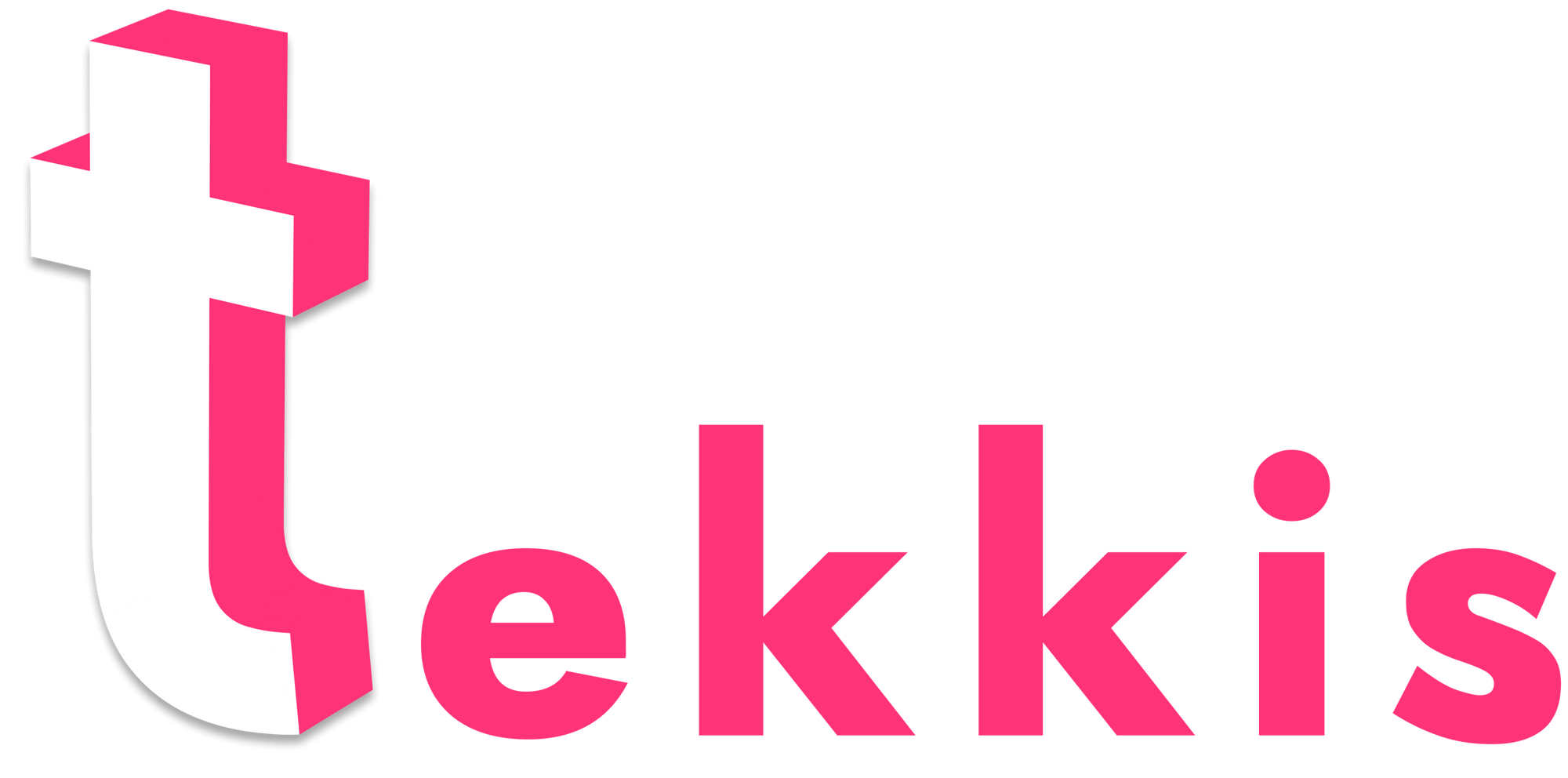What Is eKYC and How Can It Help Your Business?
Do you know about Know Your Customer regulations? Even non-financial institutions need to implement KYC measures. Find out why now.

Knowing your customer is vitally important for every business. Most of us would be familiar with Know Your Customer, or Know Your Client (KYC) exercises when dealing with banks. However, with the rise of anti-money laundering (AML) and countering terrorism financing (CFT) regulations, even non-financial institutions need to implement KYC measures.
The risk of KYC non-compliance
For a long time, banks and other financial institutions have struggled with KYC (Know Your Customer) requirements. But what about non-financial institutions receiving payments from untrustworthy third parties? This question gained prominence after recent money laundering scandals.
Industries such as real estate, art and collectibles, and gaming are particularly vulnerable to this problem. As a result, they risk damaging their reputation and getting involved in expensive investigations. Publicly listed companies are even more at risk, as they are constantly under scrutiny from external auditors.
Businesses must verify their clients' identities, especially for cross-border operations. They need a practical KYC system that minimizes disruption while allowing legitimate payments.
What, really, is eKYC?
Electronic Know Your Customer (eKYC) simplifies the KYC process for the digital age. It's a remote, paperless method that reduces costs, bureaucracy, and disruptions in traditional KYC processes.
Digitizing identification and verification processes enables greater convenience and accessibility to financial services, while lowering their costs. A key component of this digitalization is providing end-to-end financial solutions online and through mobile channels, supported by financial technology.
The development of eKYC is made possible by high-quality smartphone cameras, fast internet speeds, and AI processing. More and more businesses, both financial and non-financial, are adopting eKYC due to its easy implementation and range of benefits for both the company and the customer.

Benefits of eKYC
By using AI identification of government-issued ID documents together with facial recognition, an eKYC system can accurately identify the customer. It can then cross-check their identity with any known red flags in any databases. All of this can be done in seconds.
This is the largest key benefit of eKYC – a customer can be onboarded within minutes instead of days or weeks.
Other benefits include:
- The eKYC process can be done remotely, with the customer in the comfort of their own home or office.
- The customer no longer needs to visit a physical branch of the business, thus also enabling cross-border KYC to be conducted.
- Compared to manual KYC processes, eKYC is as secure, or even more secure when all relevant digital processes are followed.
- The robustness and accuracy of eKYC is also continually improved with software and process updates, which can be informed by the latest regulatory changes.
Ultimately, the eKYC experience reduces customer friction while also enabling businesses to stay compliant with all applicable regulations.
How Tekkis can help in eKYC
With Tekkis t-Verify solution, your business can verify customer identity securely, via an online platform that adheres to the highest standards in regulatory compliance.
Underpinned by the latest in AI, Tekkis t-Verify can:
- Recognize and verify ID documents .
- Recognize and match the customer’s facial features in real-time to the ID document presented.
- Verify the customer’s identity using dynamic security questions.
The entire process can be done efficiently, reliably, and consistently, saving the business time while also ensuring a frictionless customer experience.
Start your eKYC compliance journey with Tekkis today by getting in touch with us. Our friendly Customer Experience team is always ready to assist.
If you liked this article or want to discuss something we wrote about, do comment down below. Also, if you haven’t already, subscribe to our newsletter to stay updated about all things online payments and more!



